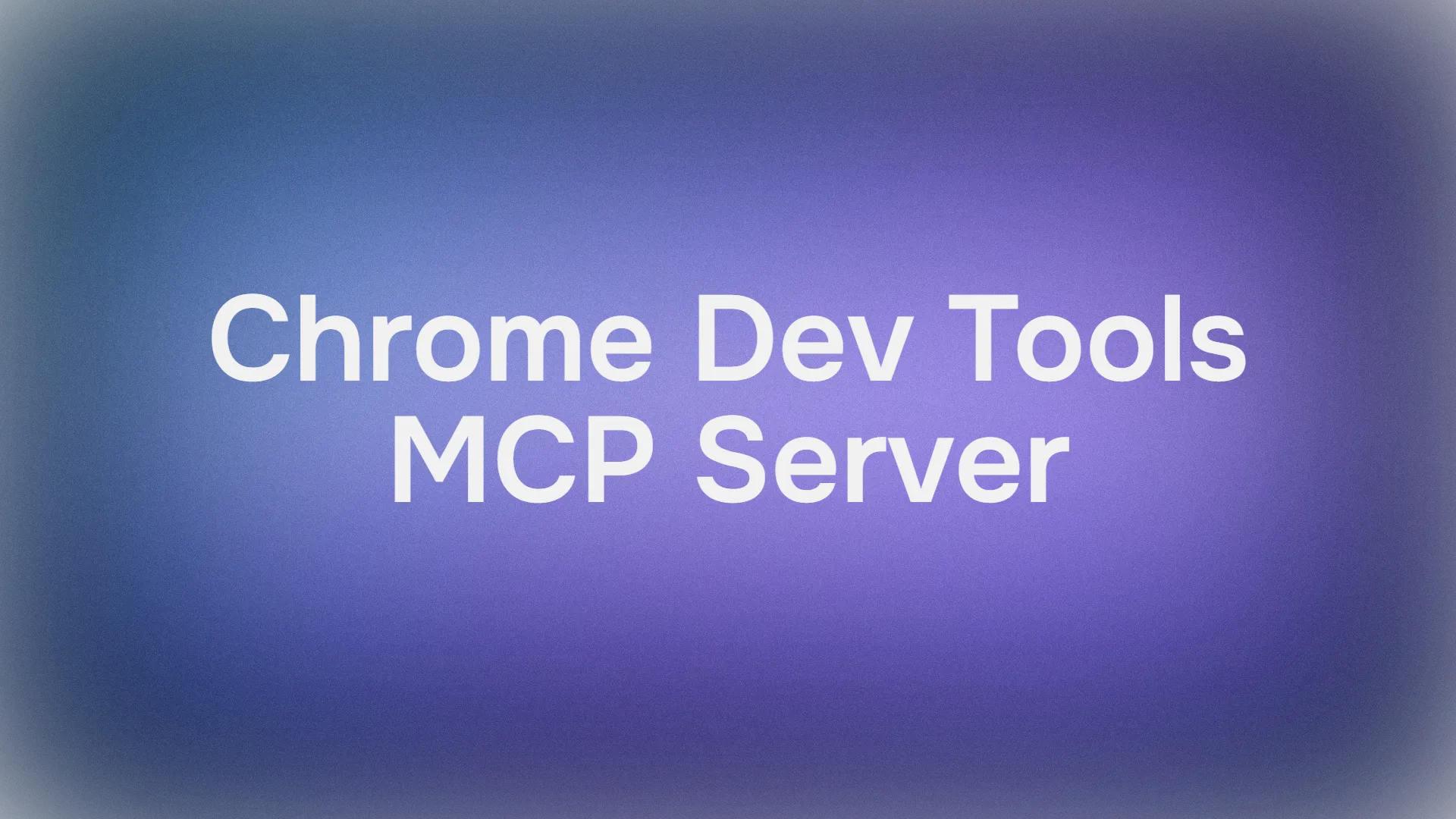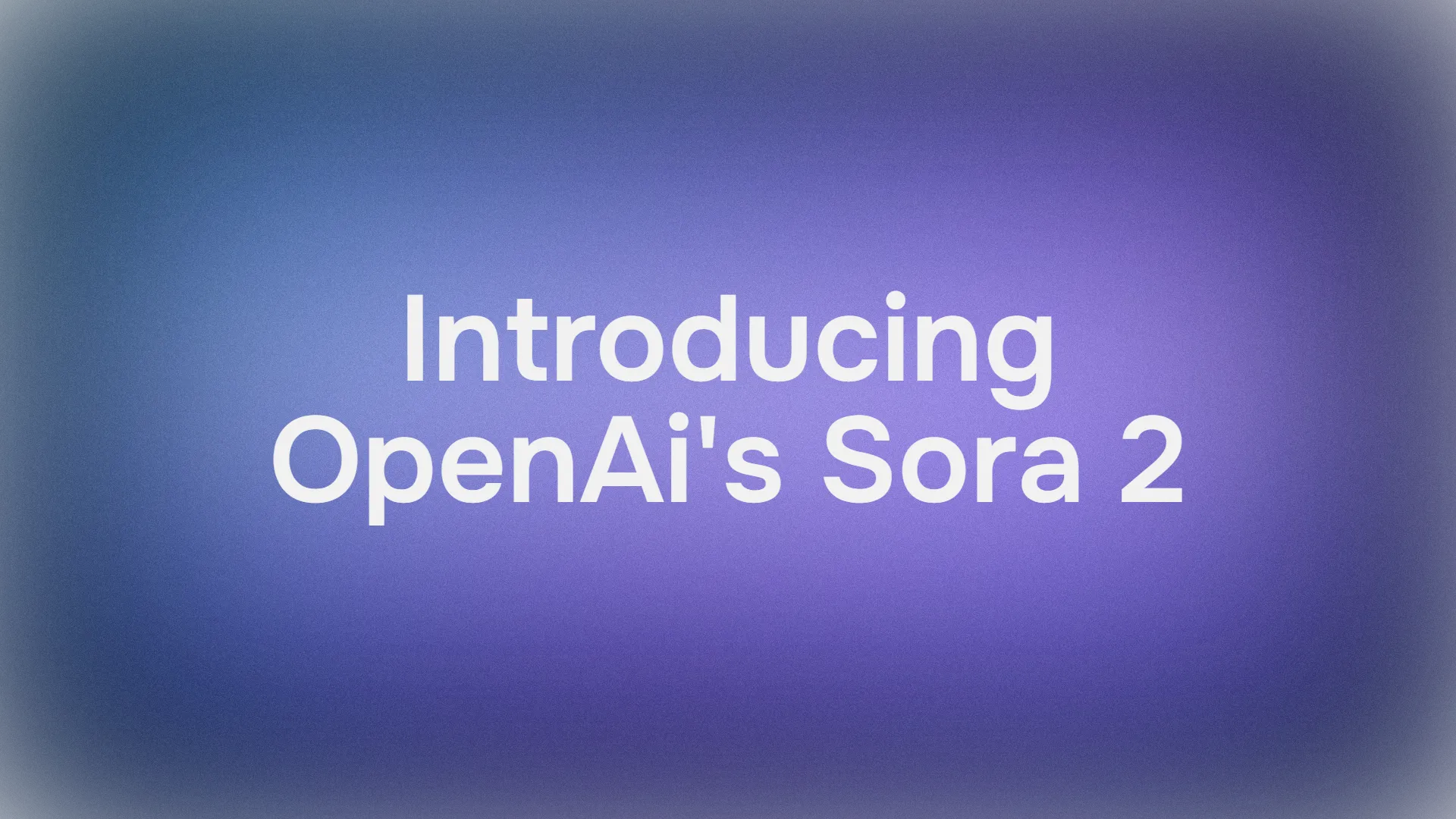As a leading SaaS e-commerce platform in Saudi Arabia and the Middle East, Salla has experienced rapid growth across all of its technical departments—backend, frontend, QA, and testing engineers — many of whom are located around the globe. As their platform scaled, so did the complexity of internal collaboration, with teams struggling to stay aligned across time zones and workflows. Salla needed a unified solution to bring everyone onto the same page, and Apidog became that solution—and a true game changer—by offering a centralized platform where teams could design, test, and share APIs in real time.
In this article, we’ll share how Apidog empowered Salla to tackle scaling challenges and improve our development lifecycle by providing practical tools and workflows that streamlined our processes. Specifically, we’ll walk through:
- Embracing API Design-First
- Unified Collaboration Across Teams
- Enhancing Public API Docs
- Enhancing Productivity and Reducing Errors
- Supporting Remote Scalability
- Driving Cross-Functional Collaboration
Embracing API Design-First with Apidog
As part of its growth strategy, Salla transitioned to an API design-first approach —and Apidog made that shift seamless. With its intuitive visual editor and full support for JSON Schema, Salla's teams were able to design, define, and debug APIs collaboratively from day one. This approach brought clarity and alignment across all departments, reducing confusion, duplicated efforts, and costly rework.
Unified Collaboration Across Teams
With engineers distributed across multiple regions and time zones, Salla faced growing challenges in maintaining alignment. Apidog provided a centralized workspace for documenting, sharing, testing, and validating APIs in real time. Its built-in testing tools, mock servers, and auto-generated documentation enabled developers and QA engineers at Salla to stay synchronized—without the overhead of constant meetings or manual spec updates.
Enhancing Public APIs Docs
Apidog played a key role in improving the clarity and usability of Salla's public API documentation. Its auto-generation capabilities ensured that all documentation remained accurate and in sync with ongoing schema changes. Salla also customized the documentation interface to be more developer-friendly, incorporating clear examples, real-time testing, and integrated authentication flows. This led to faster onboarding for third-party developers, reduced support requests, and a more seamless integration experience.
Enhancing Productivity and Reducing Errors
Before adopting Apidog, Salla’s teams relied on a patchwork of tools for API documentation, testing, collaboration, and feedback—each with its own set of limitations. Apidog consolidated all these functions into one robust platform. As a result, development cycles became more efficient, bugs were reduced, and engineers were able to focus more on building and less on troubleshooting. Handoffs between teams also became significantly smoother and more reliable.
Supporting Remote Scalability Without the Headaches
As Salla’s engineering organization grew globally, effective remote collaboration became a necessity. Apidog enabled Salla to scale its development efforts without compromising clarity or consistency. This eliminated versioning issues and guesswork, establishing a single source of truth that supported rapid, distributed development.
Driving Cross-Functional Collaboration
Apidog also empowered non-developers at Salla to engage directly with APIs. QA engineers, product managers, and even customer support staff accessed and understood API behavior through Apidog’s clean and user-friendly interface. This inclusive access resulted in faster iteration cycles, improved testing quality, and more effective communication across functions. APIs at Salla are no longer just a developer concern—they’ve become shared assets accessible to the entire organization.
Use Case: Parallel Development Through API-First Design
One of the most impactful hanges at Salla was the adoption of Apidog to facilitate true parallel development between frontend and backend teams. By embracing an API design-first methodology, Salla began each feature by collaboratively defining API contracts in Apidog before any implementation work commenced. This early alignment allowed backend engineers to focus on business logic and infrastructure, while frontend developers began integrating with realistic mock responses generated directly within the platform.
This approach eliminated traditional blockers where frontend teams would otherwise be stalled, waiting for backend endpoints to be delivered or clarified. Instead, both teams progressed in parallel, reducing idle time, minimizing miscommunication, and accelerating development cycles. Apidog’s centralized workspace, real-time documentation updates, and integrated testing tools ensured that engineers remained aligned without the need for constant coordination.
The result was not only faster feature delivery but also improved quality. Integration-related bugs declined significantly, and cross-team handoffs became cleaner and more efficient. By separating concerns and enabling each team to focus on its strengths, Apidog served as the shared source of truth that held Salla’s development process together.



